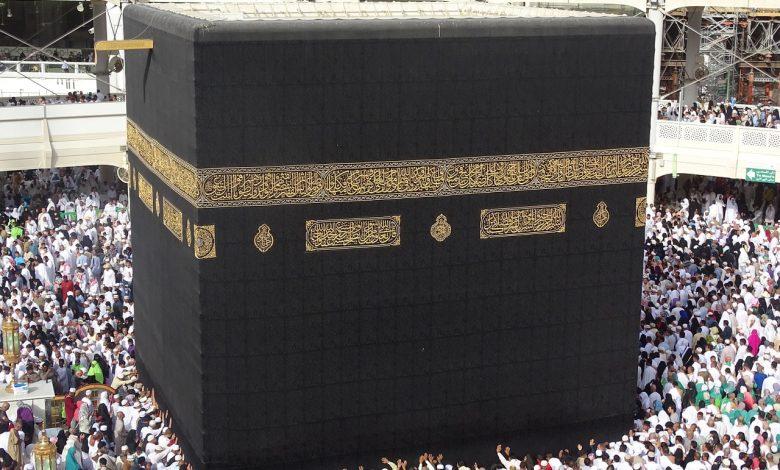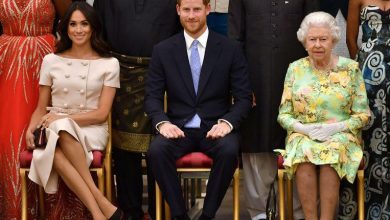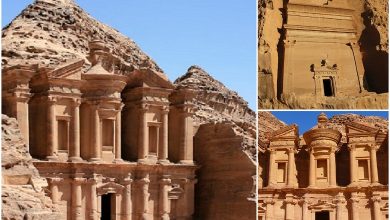Fear of Coronavirus, Saudi Arabia denies foreigners access to holy places

Millions of people visit Saudi Arabia throughout the year for Umrah, with a sharp increase in the number of visitors during the Hajj pilgrimage. But due to fear of Coronavirus, the country denies foreigners access to holy places
It is not known whether the Hajj, which is scheduled to begin at the end of July, will be affected. The country has also banned visitors from visiting countries where the new Coronavirus has spread. Saudi Arabia does not yet have a confirmed case of the disease.
Mecca ban
Indonesian President Joko Widodo said he “respects” the Saudi government’s decision to ban foreigners from entering the country for religious visits. The ban includes visits to the two holiest sites of Islam – Mecca, and Medina. “We respect and appreciate the fact that… the Saudi government gives priority to the health of the population,” Mr. Widodo said.
But the Indonesian Ministry of Religious Affairs on Thursday requested a waiver for Indonesian pilgrims to allow them to enter Saudi Arabia. “We have requested an exemption, through diplomatic channels, because Indonesia is not exposed to the coronavirus,” Arfi Hatim, director of Umrah and Special Hajj at the Ministry of Religious Affairs, told BBC Indonesia’s Callistasia Wijaya.
Indonesia is the most populous Muslim nation in the world. The country currently has no known cases of Coronavirus – although experts have expressed concerns about the accuracy of laboratory testing in Indonesia.
Saudi Arabia is home to the two holiest sites of Islam, in Mecca and Medina. The country welcomes millions of Muslim visitors throughout the year – with a peak for the Hajj pilgrimage, which is scheduled to begin this year in July. Unlike Hajj, the “Umrah” can take place at any time of the year, but these journeys have been discontinued for foreigners. The entry is also suspended for visits to Madinah.
Makkah, the birthplace of the Prophet Muhammad, is home to Islam’s holiest shrine. It is in Madinah that he is buried.
The foreign ministry said the suspensions were temporary – but did not say when they would end. Non-religious tourists from countries where coronavirus infections have been reported will also be denied entry, officials said, but without specifying which nations. Saudi Arabia said this week that 400,000 tourist visas had been issued since October.
The impact on Pakistanis
One of the doubts about the ban on pilgrimages to Saudi Arabia is whether it will be in force until July and August, the date of the Hajj. But Umrah pilgrimages continue throughout the year – and thousands of Pakistanis will inevitably have to abandon or postpone their plans.
However, the ban does not seem to come as a shock. Nevertheless, one can get an idea of the impact by looking at the Saudi government’s statistics recently published in this report.
Pakistanis have led the way in terms of the number of Umrah executions in the last two years, followed by Indonesia and India. As many as 2.1 million Pakistanis participated in the Umrah in 2019, compared to 1.7 million in 2018.
From January to June 2019, 1.6 million people participated in the Umrah, an average of more than 8,900 people per day.




